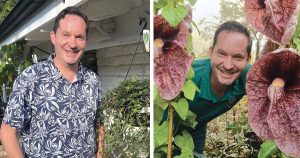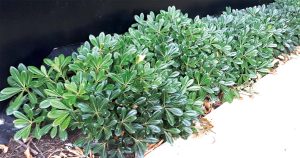By: Nick Chartorisky
Still Creek Landcare- People enjoy their gardens and will defend their favourite plants from being gobbled up or damaged by bugs.
However, the impact of using general pesticides goes much further than killing the bug you aimed at. Pesticides will kill nearly every bug as well as impact the farmers who depend on pollinators for their livelihood. Thirty per cent of food produced for human consumption directly depends on pollinators, indirectly the impact on food supplies for people is far greater.
Australia is one of the last countries in the world not suffering from European Bee Colony Collapses that has hit the world. Due to these Colony Collapses in the U.S. Australia exports millions upon millions of healthy Bees there to help pollinate U.S. orchards and crops. A new export product!
It’s not only European Bees that pollinate plants. Native bees, beetles, flies, wasps, thrips, butterflies and moths are all successful insect pollinators. Many plants have evolved to be pollinated by a variety of insects and animals (see photo). All creatures keep our environment in a natural balance.
Insect pollination is the most efficient reliable mechanism for plants to reproduce. Pollination by insects determines plant community structures and is vitally important to native Australian trees and shrubs.
So before you reach for a pesticide solution for what ails your plants, seek out other ways of protecting you treasures. Most problems can be managed through a variety of methods that have far less impact on the world as a whole, including us humans. Still Creek Landcare
If you would like help or further information, contact Nick on 9653 2056, via email [email protected] or visit Still Creek Landcare at http://www.stillcreeklandcare.com.au or on Facebook.
Galston community Current and past issue
Table of Contents
Toggle









